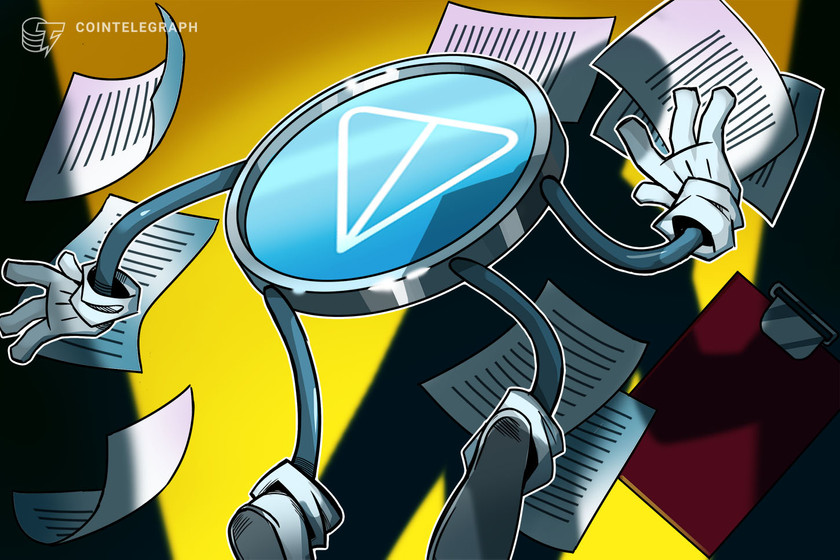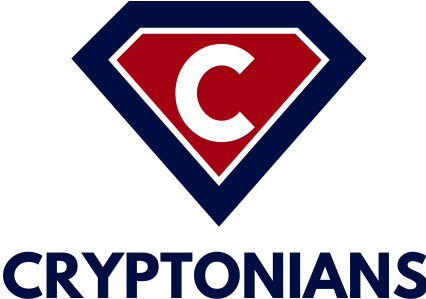Report: TON investor demands $100M compensation from Durov

Telegram’s TON saga seems far from over, as a disgruntled investor seeks compensation.
Da Vinci Capital, a major investor in Telegram’s $1.7 billion initial coin offering, has reportedly requested compensation for the failed launch of the Telegram Open Network, or TON.
Investors at Da Vinci Capital reportedly sent a letter before claim to Telegram CEO Pavel Durov, stating that the fund is planning legal action against TON Inc. and Telegram, Forbes Russia reports Monday.
Citing anonymous sources close to Da Vinci, the report states that the fund has demanded $100 million incompensation from Telegram and other firms involved in the Gram initial coin offering. According to the report, Telegram now has two weeks to repay Da Vinci, otherwise, the company will file a lawsuit against Telegram in London.
Telegram did not immediately respond to Cointelegraph’s request for comment.
Telegram officially shut down its own efforts on the TON project and Gram tokens in May 2020 after a long-running legal battle with the United States Securities and Exchange Commission, which accused Telegram of violating the U.S. securities laws by letting American investors participate in its private ICO in 2018.
In June 2020, a court in the U.S. ruled that Telegram had to return $1.2 billion to investors. Some investors received a 72% refund from Telegram prior to the court ruling as part of Durov’s reimbursement scheme. The plan suggested either an immediate 72% refund or a 110% refund in the next 12 months, by April 2021.
While the majority of TON investors reportedly opted for the 72% refund scheme, it remains unclear how many investors exactly are still waiting for a 110% refund.
In late 2020, Durov published an official post on Telegram’s new monetization strategy, stating that the company’s messenger was on track to reach billions of users and required proper funding. The CEO also denied reports that Telegram was discussing investment or financing with banks and investors. However, Durov noted that Telegram received offers to provide a loan to Telegram.
“Taking a loan is one of the possible ways for Telegram to remain fully independent and true to its values while executing the monetization strategy I outlined in December,” Durov wrote in its official chat.
Russian news agency Kommersant reported in mid-February that Telegram was planning to raise at least $1 billion in a private bond placement to a limited number of investors from Russia, Europe, Asia, and the Middle East.

